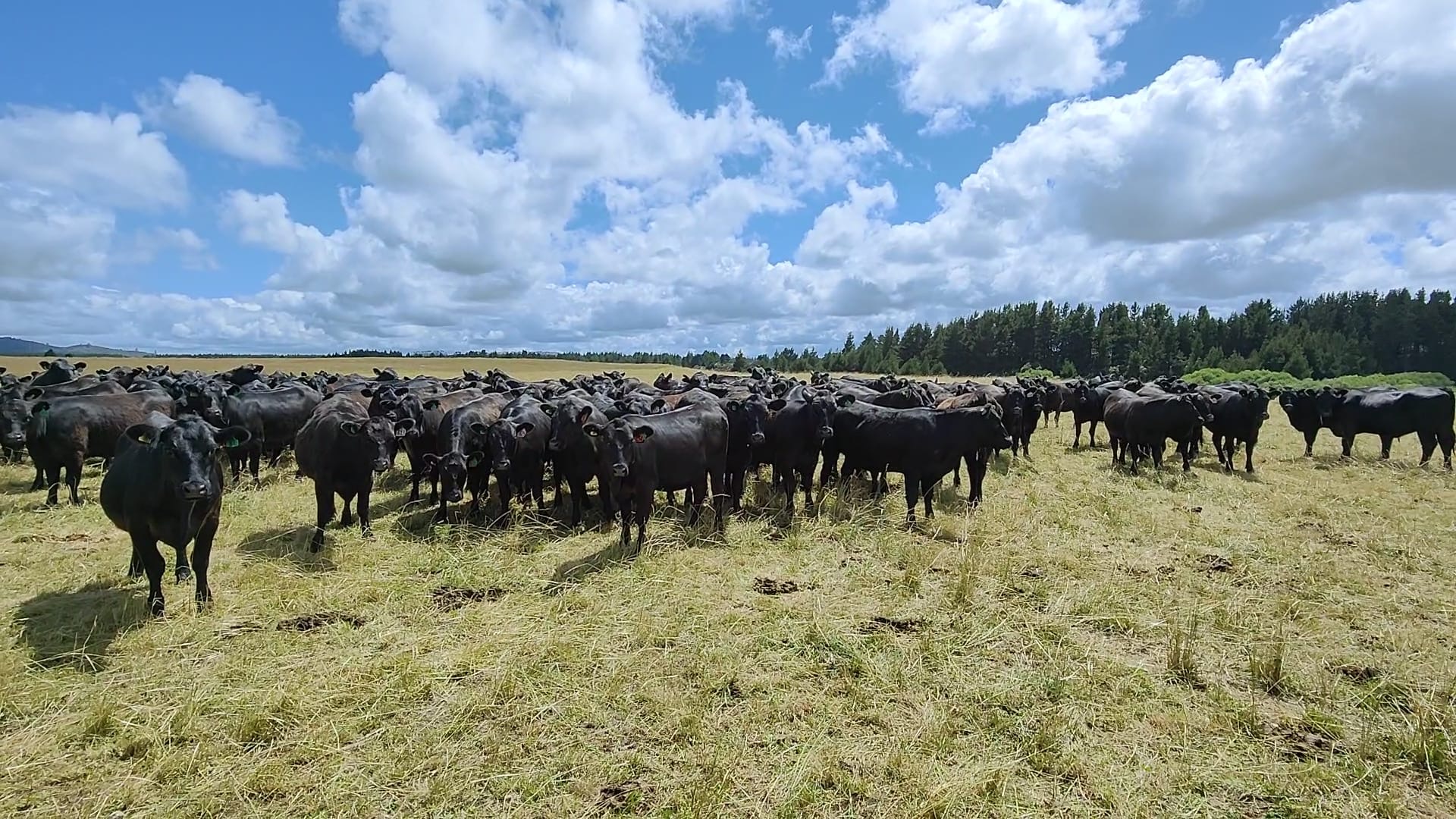The HIGHEST STANDARDS OF ANIMAL WELFARE

Why was livestock export by sea banned?
In 2019, then Agriculture Minister Damien O’Connor launched a review into New Zealand’s livestock exports in response to concerns the trade could be a risk to New Zealand’s reputation. The review aimed to explore how New Zealand could improve the welfare of animals being exported and consider options.
After considering submissions and the independent Heron report into the sinking of the Gulf Livestock 1 in September 2020, the New Zealand Government confirmed in April 2021 that the export of livestock by sea would be banned following a transition period of two years. As a result, livestock exports became prohibited in New Zealand from 30 April 2023.
The banning of livestock export became a topic of debate and discussion in the 2023 New Zealand election. In late 2023, National, ACT and New Zealand First formed a coalition Government and the Coalition Agreement included the reversal of the ban on live animal exports while ensuring the highest standards of animal welfare.
- Rigorous veterinary supervised and verified supply chain management
- World-leading standards of welfare during transit with transparent, independent oversight and reporting
- A partner assurance programme that would ensure livestock welfare after arrival in the destination country
ANIMAL WELFARE STANDARDS FOR Livestock Exports
Following the Government’s decision to ban the trade, the export industry underwent two independent reviews by Michael Heron QC, Rear Admiral Tony Parr and the Ministry for Primary Industries (MPI), confirming the need for continued livestock export with an improvement programme focused on animal welfare.
In 2020, LENZ proposed developing a world-leading Gold Standard which included:
The proposed Gold Standard framework provided a way forward for regulators recognising both animal welfare and the significant social and economic value associated with the livestock export industry. It demonstrated that a ban was not a necessary option to ensure the wellbeing of animals and addressed reputational concerns arising from live animal exports.
The details of what was proposed demonstrates LENZ’s strong support for the current Government’s development of a regulatory framework that ensures the highest standards of animal welfare.

New Zealanders support regulation
In 2022, prior to the ban on live animal exports coming into effect in April 2023, LENZ sought to better understand New Zealanders’ attitudes towards live animal exports. LENZ worked with Vonconiq and TDB Advisory to understand the public sentiment surrounding the ban, its anticipated impacts, and the broader implications for national wellbeing.
Attitudes of New Zealanders to the industry
Vonconiq’s extensive survey, encompassing opinions from over 2,100 New Zealanders aged 18 and above, offers a reliable snapshot of societal perspectives on the live animal export industry.
New Zealanders appreciate the economic contribution of the live export industry to their country and acknowledged the importance of live exports as an income source for the farmers and rural communities.
Comparing overall costs and benefits of the live export industry, approximately equal numbers of New Zealanders believe that the benefits outweigh the costs with 40% thinking that the costs and benefits are about equal. 60% preferred to increase standards for live exports rather than prohibiting the trade all togther.
56% or participants agreed that the Government is able to hold the industry accountable and 83% felt it was important that standards were enforced effectively.

